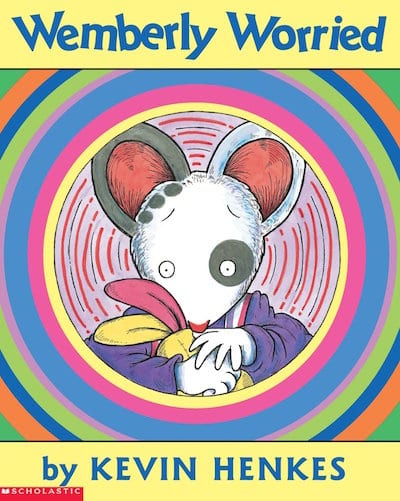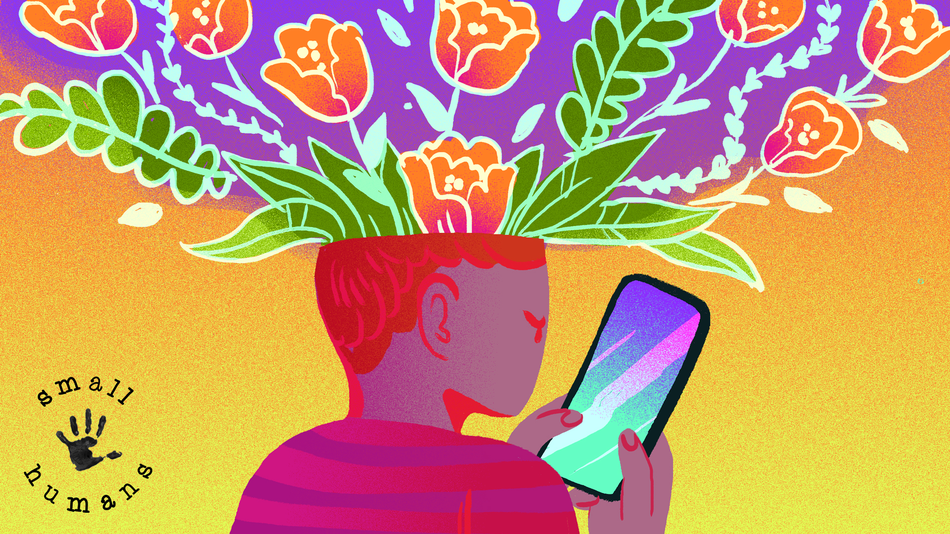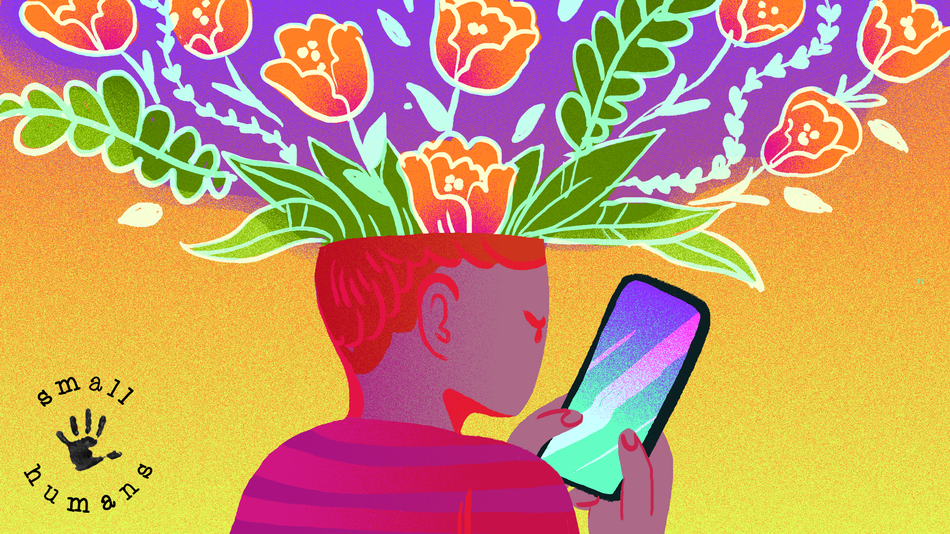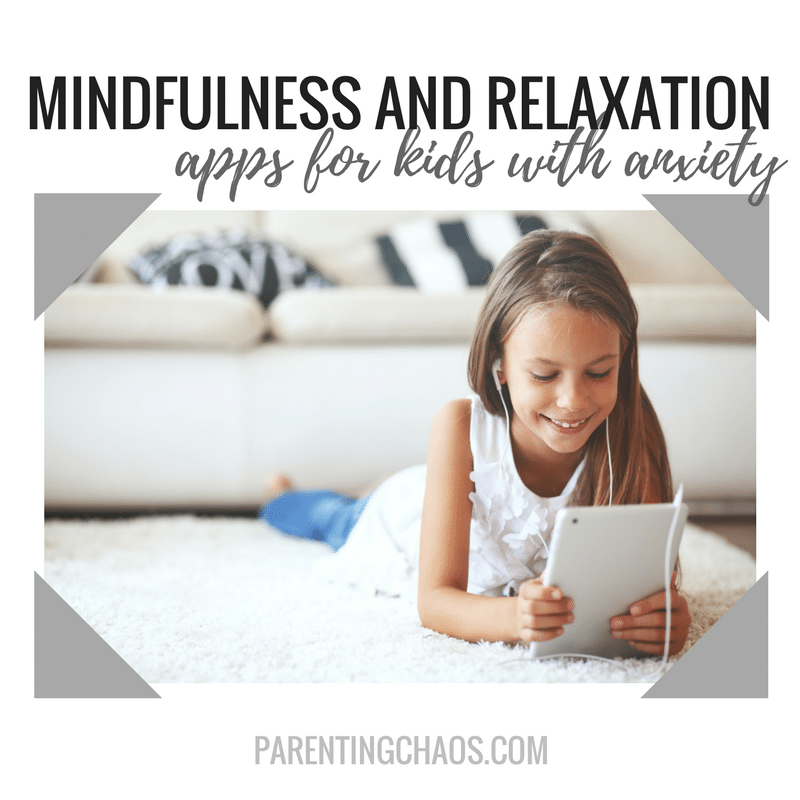From Mashable
Welcome to Small Humans, an ongoing series at Mashable that looks at how to take care of – and deal with – the kids in your life. Because Dr. Spock is nice and all, but it’s 2018 and we have the entire internet to contend with.
Millions of people around the world can attest to the positive effects of mindfulness on their mental health and well-being. Take reduced stress levels, improved concentration and organization, and a greater ability to control emotions and experience compassion and empathy, just for starters.
These are all things we want for our kids, right? And it’s easier than ever, thanks to the range of digital tools right at our fingertips. One of these apps could be the perfect way to introduce your child to a world of calm, mindfulness and emotional maturity.
1. Breathe, Think, Do with Sesame
Breathe, Think, Do With Sesame is a great introduction to mindfulness for younger grade-schoolers. With the help of a cute monster, kids learn calming breathing techniques to help them cope with potentially frustrating or distressing situations: putting on shoes, saying goodbye to parents, fixing a block tower, waiting in line and going to sleep in the dark. Each scenario can be revisited, depending on your child’s particular struggles, and there’s also a parents’ section packed with tips and strategies. The app also has a Spanish-language setting.
Available on iOS and Android.
2. Calm Kids
Calm, which was named Apple App of the Year 2017 and Google Play Editor’s Choice 2018, ranks as one of the top mindfulness and wellness apps for adults but it also has a great section for children, Calm Kids. It provides mindfulness exercises, relaxation activities and “Sleep Stories” for kids of all ages, which are updated every week. The app or desktop version has a 7-day free trial; after that it’s $59.99 a year.
Available on iOS and Android.
3. DreamyKid
DreamyKid is aimed at kids age 8 and over, with its programs most suitable for kids who struggle with self-confidence, anxiety or settling down at bedtime. Strategies include a “rainbow body-scan,” “schoolwork mastery meditation” and confidence affirmations, and there are also a wide range of relaxing, ambient background sounds to help send your little one to sleep. The app is free, but the guided meditations are $3.99 each.
Available on iOS.
Read more here…






